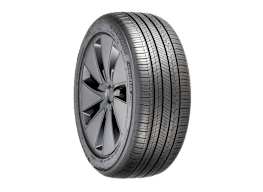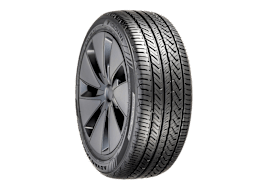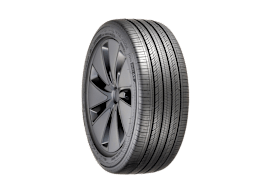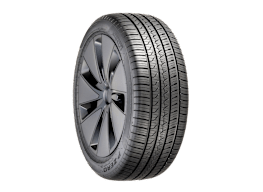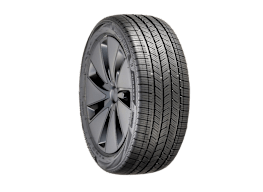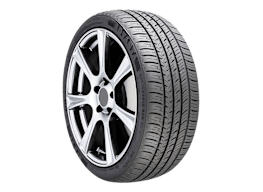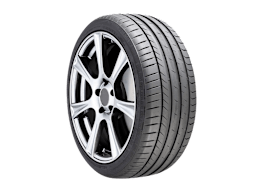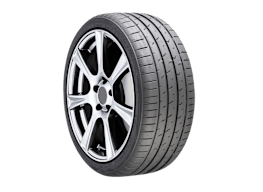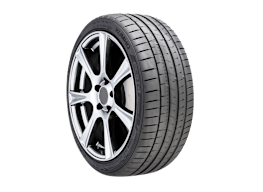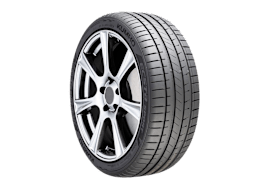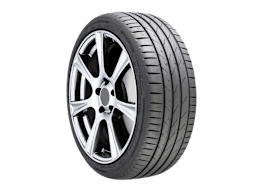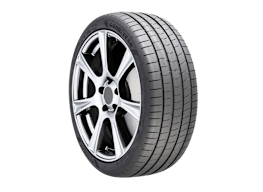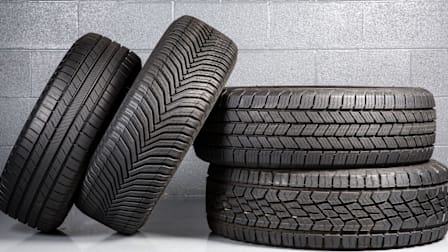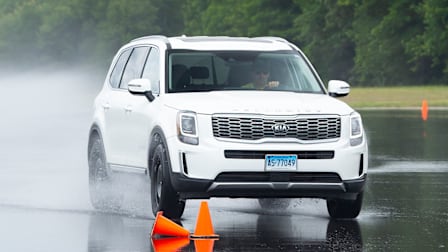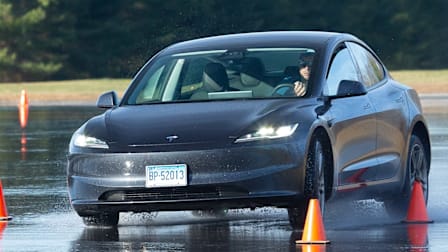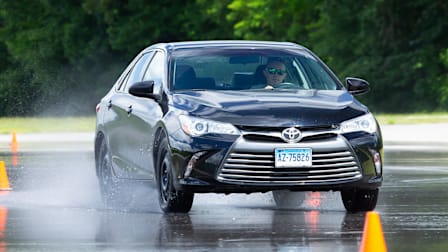Best All-Weather Tires
These special tires combine the strengths of all-season and winter/snow tires, so there's no need for seasonal changes
When you shop through retailer links on our site, we may earn affiliate commissions. 100% of the fees we collect are used to support our nonprofit mission. Learn more.
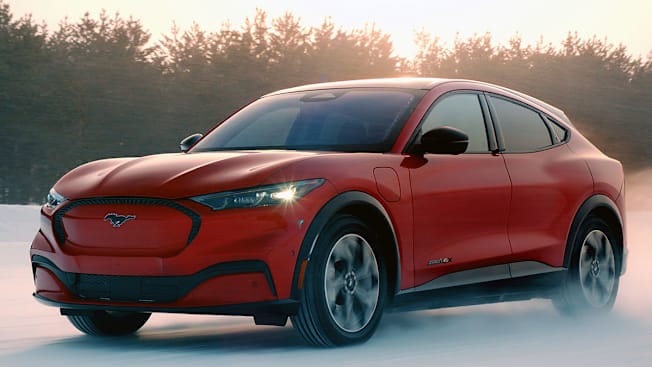
Many drivers in cold climates invest the time and money to switch their all-season tires to winter/snow tires with optimized traction to tackle winter’s challenges. But there’s another tire type that provides similar cold-weather traction without needing to be changed seasonally: all-weather tires.
These are designed to stay on year-round. Some all-weather tires cost more than the all-season tires they typically replace, but most buyers will come out ahead by avoiding the cost and hassle of seasonal tire changes.
“The best all-weather tire provides year-round traction that truly combines all-season and winter/snow performance,” says Ryan Pszczolkowski, Consumer Reports’ tire program manager. “Despite the higher prices, they typically represent a good value.” Pszczolkowski cautions that not every all-weather tire has performed well in our tests.
Top Pick Tires
See the best car, SUV, and truck tires.


